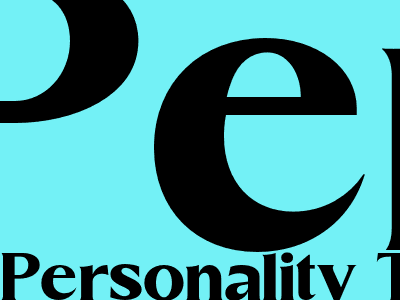Personality Types Explained
An In-Depth Guide to Understanding Your Personality
Introduction
Personality is a complex and multifaceted construct that encompasses our thoughts, feelings, and behaviors. It is the unique combination of traits that make us who we are and distinguish us from others. Understanding our personality type can provide valuable insights into our strengths, weaknesses, and how we interact with the world around us.
Overview of Personality Theories
Sigmund Freud's Psychoanalytic Theory
Freud's theory focuses on the unconscious mind and its impact on personality. He proposed that personality is shaped by childhood experiences and conflicts between the id, ego, and superego.
Carl Jung's Analytical Psychology
Jung's theory emphasizes the collective unconscious and archetypes. He believed that personality is influenced by both personal experiences and cultural factors.
The Big Five Personality Traits
This model identifies five broad personality traits: openness, conscientiousness, extraversion, agreeableness, and neuroticism. It is widely used in research and has practical applications in various fields.
The Myers-Briggs Type Indicator (MBTI)
An Overview
The MBTI is a popular personality assessment tool that assigns individuals to one of 16 personality types based on their preferences for extroversion/introversion, sensing/intuition, thinking/feeling, and judging/perceiving.
Benefits of the MBTI
The MBTI can provide insights into communication styles, leadership abilities, and career preferences. It can also help individuals understand their strengths and areas for growth.
Applications of Personality Type
Self-Awareness and Personal Development
Understanding your personality type can lead to increased self-awareness and personal growth. It can help you identify areas where you want to improve and develop strategies for overcoming challenges.
Effective Communication
Understanding the personality types of others can improve communication and build stronger relationships. By adapting your communication style to match the preferences of others, you can create a more positive and productive environment.
Career Success
Personality type can influence career choices and success. Matching your personality to a job that aligns with your strengths and preferences can lead to greater job satisfaction and productivity.
Conclusion
Understanding personality types is a valuable tool for gaining insights into ourselves and others. Various personality theories and assessment tools can provide a framework for understanding our unique traits and how they shape our thoughts, feelings, and behaviors. By embracing our strengths and working on our weaknesses, we can unlock our full potential and live more fulfilling lives.

Comments